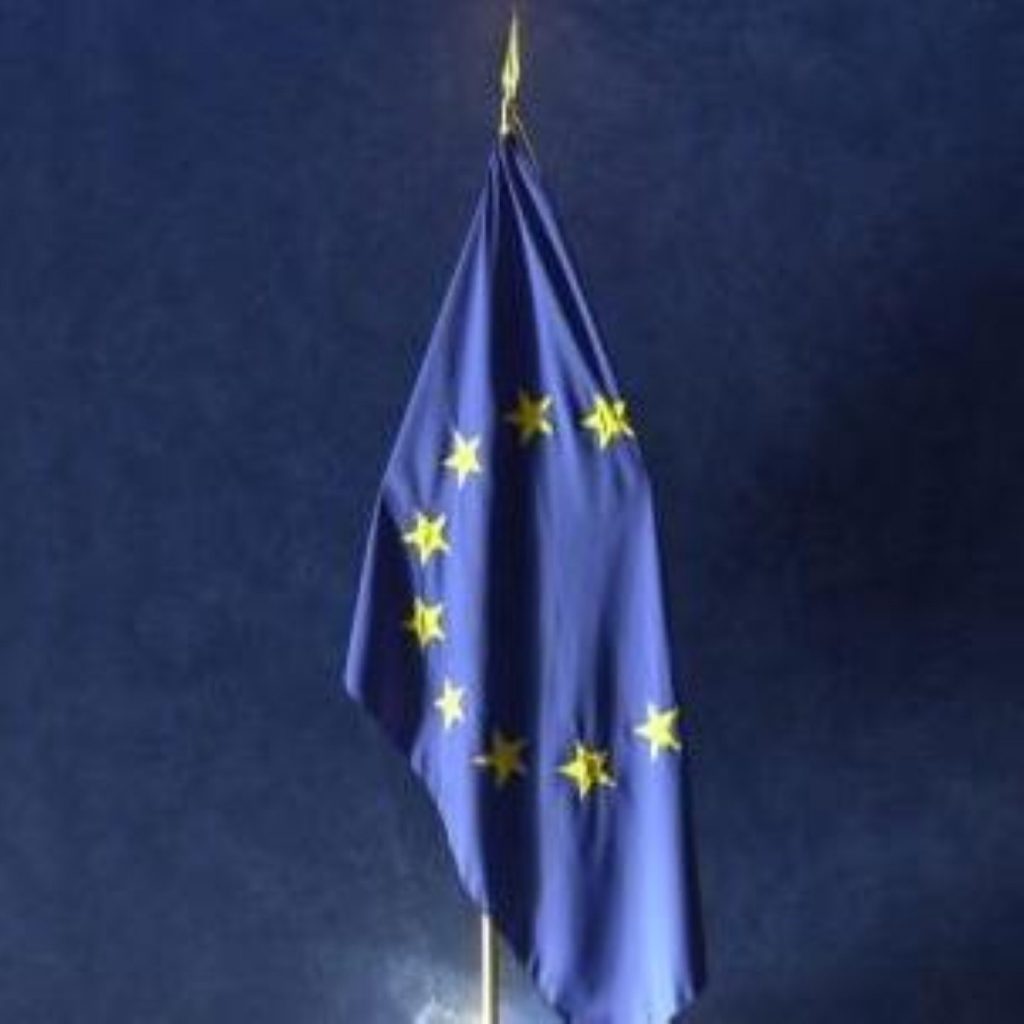Peers say EU accounts criticism is unfair
The European Commission’s reputation for fraud and corruption is unfair, a committee of peers has concluded.
Last month, Luxembourg-based auditors failed for the 12th year running to give European Union accounts a clean bill of health for the £81 billion it spent last year.
This fact has bolstered theories that the commission is rife with corruption, but a report from the House of Lords’ EU committee today says there is no evidence to support this.
It warns that the European Court of Auditors’ annual statement is “misleading”, saying: “We recognise that the lack of a positive statement of assurance does not necessarily indicate that high levels of fraudulent or corrupt transactions have taken place.”


The committee recommends a clear distinction between administrative mistakes and fraud, with separate figures published for both.
The peers were told by the head of the National Audit Office (NAO), John Bourn, that if the EU auditing system was used in Britain, its accounts were likely to fail too.
“[Sir John] told us that were he required to do so, he would be unable to give a similar positive statement of assurance on the UK’s accounts as he currently has to qualify 13 of the government’s 500 accounts,” said committee chairman Lord Radice.
“In addition, more than 80 per cent of European money is managed by the member states rather than directly by Brussels – the commission alone cannot be held responsible for the regularity of these transactions.”
The peers call for a new system of ‘naming and shaming’ EU member states who manage their European finances badly, and says each country should have to produce their own statement of assurance signed by a minister or senior civil servant.
Nevertheless, they acknowledge that the bad press coverage about fraud in the EU is a “serious problem” for both the organisation and member state governments.
“Much of the coverage in the press suggests that there is a significant culture of corruption in Europe’s institutions. Our investigation has uncovered no evidence to support this suggestion,” Lord Radice said.
“However, we must not be complacent – our report concludes that, while the level of fraud is no higher than in comparable public expenditure programmes, including in the UK, the fight against fraud must go on.”
When the auditors published their latest results in October, shadow Europe minister Graham Brady said the EU Commission must take the blame for the “disgraceful” situation.
“The commission has a history of trying to shift the blame for its inadequate systems and attacking public servants who have stuck their necks out to expose abuses in the system,” he said.

